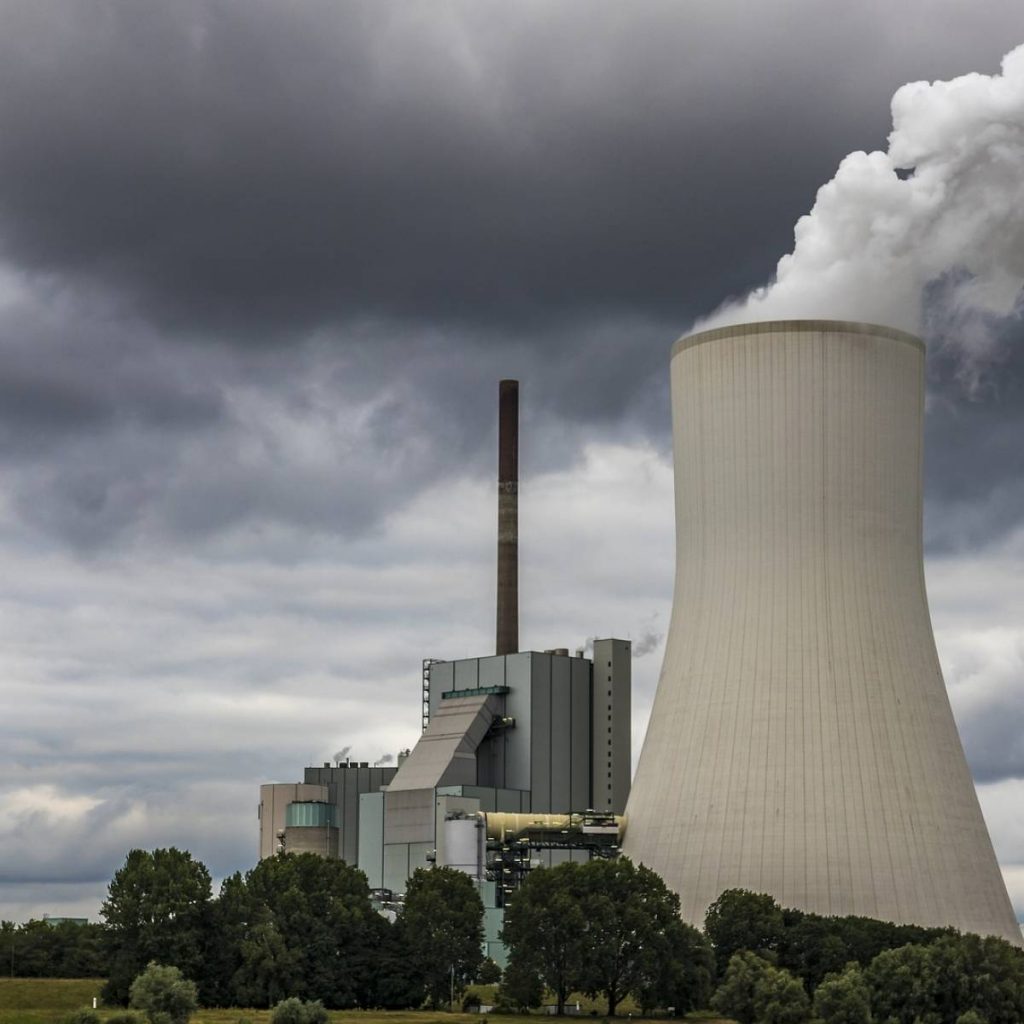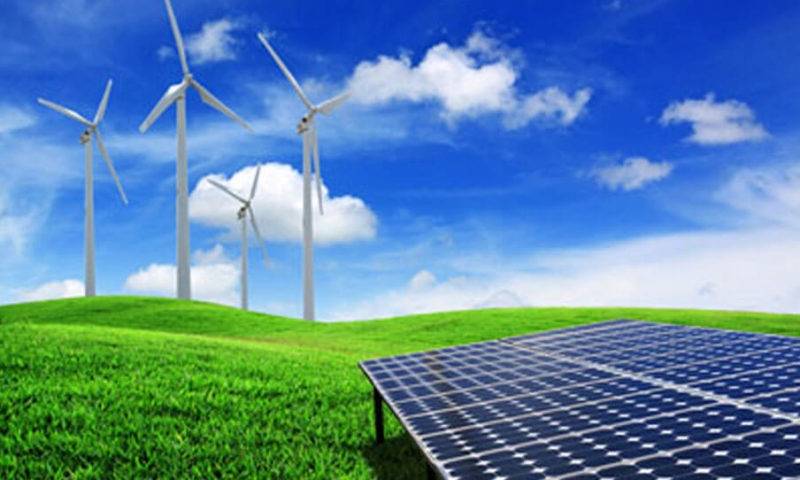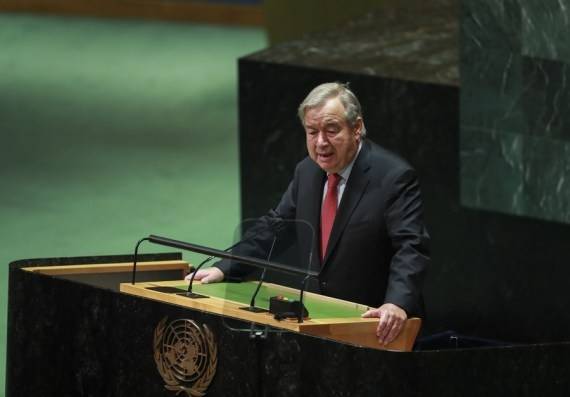The High-level Dialogue on Energy is an historic opportunity to close this gap, as the first gathering of leaders in more than 40 years at the UN solely devoted to energy issues…reports Asian Lite News.
First in 40 years, the High-level Dialogue on Energy, convened by UN Secretary-General Antonio Guterres at the summit level, on Friday will be an action-packed day. With over 100 member states to speak virtually, over 45 of whom will be represented at the level of heads of state and government.
Joining them will be over 40 leaders from business, UN and international organisations, foundations, NGOs, and youth.
As per the programme, over 30 “Energy Compact” commitments will be announced, comprising a major step forward on energy access and transition that will mobilise even more of the large-scale partnerships and commitments needed in years ahead.
The dialogue will also result in a global roadmap setting out recommendations for actions needed to achieve clean, affordable energy for all by 2030 and net-zero emissions by 2050.
United Nations Secretary-General Antonio Guterres will open the dialogue at 9.30 a.m. (New York Time).
He will be introduced by former BBC anchor Nisha Pillai, who serves as moderator for several segments. The opening segment will also feature General Assembly President Abdulla Shahid, young entrepreneur Chebet Lesan, CEO of BrightGreen, Kenya, and Francesco Starace, CEO of the Enel Group.
Four leadership dialogues, led by Co-Chairs Achim Steiner and Damilola Ogunbiyi, will feature remarks and Energy Compact announcements by government, business, and other leaders.
Faced with the rapidly accelerating impacts of climate change and urgent need to reduce carbon emissions from the energy sector — while ensuring that all people have access to electricity and clean energy — the UN is aiming to mobilise commitments and actions.

The High-level Dialogue on Energy is an historic opportunity to close this gap, as the first gathering of leaders in more than 40 years at the UN solely devoted to energy issues.
It will produce a roadmap toward net-zero emissions and universal energy access and provide an opportunity for governments, as well as businesses and civil society organisations, to present plans and commitments in the form of “Energy Compacts”, that will help achieve Sustainable Development Goal 7 and the Paris Agreement.
The recent IPCC report showed that urgent action is needed to keep the 1.5 degrees Celsius goal in reach, in order to limit the impacts of climate change.
At the same time, this goal will not be reached unless all people have access to clean, affordable and reliable energy, as agreed to by all countries as part of the 2030 Sustainable Development Goals — Goal 7.
Globally there are 759 million people without access to electricity. A further 800 million or more people have unreliable or intermittent access to the essential electricity that is needed at home, work, school, health facilities and community services for people to live healthy and productive lives.
Nearly three billion people do not have access to clean cooking fuels and technologies.
The energy sector currently accounts for almost three-quarters of greenhouse gas emissions. While energy access-deficit countries may contribute little today to the greenhouse gas emissions that cause climate change, achieving access for everyone to sufficient energy for productive use, industrialisation and economic growth would cause their emissions to increase significantly if that energy comes from fossil fuels, such as coal-fired power and continued use of diesel-powered generators.

Taking place less than two months before the critical Climate Conference in Glasgow this November, COP 26, the Energy Dialogue is also an important step towards mobilising commitments and defining the actions that will enable countries to reduce their emissions by 45 per cent by 2030 and reach net zero emissions by 2050, in line with the Paris Agreement.
ALSO READ-Ambassador Ellis holds talks on vax certification with India
READ MORE-Security Council calls for ‘equal and meaningful participation of women’
